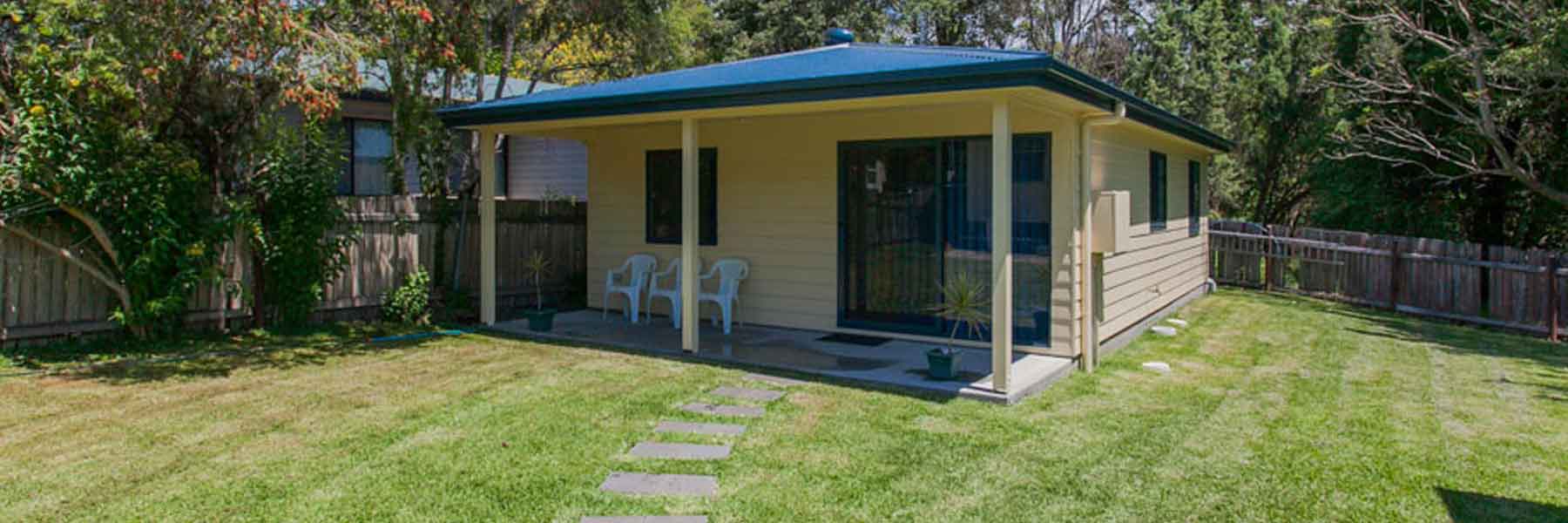
- The Savvy Promise
At Savvy, our mission is to empower you to make informed financial choices. While we maintain stringent editorial standards, this article may include mentions of products offered by our partners. Here’s how we generate income.
In this article
If you’re preparing to put home up on the market, or have designs on selling your home one day in the future, there’s one thing you should know: you’ll have to fork out a lot of money before you see any come in.
Just like buying a home, you’ll have to pay for legal fees such as conveyancing, marketing, and other enhancements to boost the sale price of your home. These are all investments, but you’ll only really see a return after you’ve sold the house.
Renovations and touch-ups
You’ve seen all the lifestyle shows and magazines: adding features and fixing up old fixtures around the house can add to its value. A well-planned and comprehensive renovation can add up to 10% to the value of your home. If you spend $30,000 on renovating a $750,000 home, you’ll add about $45,000 to your bottom line.
However how much you pay can vary from state to state, as research from ServiceSeeking.com.au shows:
Conveyancing and legal fees
Conveyancing and legal fees cost around $800 – $2000 and is a requirement to transfer titles to the new owner. It’s an unavoidable cost which you must look out for.
Agent fees and marketing costs
Real Estate agents will take a chunk out your sale price one way or the other, as they market the home on your behalf. Most real estate agents take a percentage of the sale, or a commission. These rates can vary, but usually sit around 1.5% to 3.5%. In some cases, you can negotiate a bonus fee if your agent secures a price well above the reserve. If your agent sells your newly renovated home in the above example for $950,000 (valued at $825,000) with a 2% commission, that’s $19,000 lopped off the top of your earnings.
Marketing costs are also borne by the vendor. Marketing campaigns can run between $5,000 to $10,000 in high-end Sydney or Melbourne suburbs to as low as $1,000 in regional Tasmania or South Australia.
If you’re using an auctioneer, you’ll have to pay them too: this can range from about $400 to $1,000; or even more!
Mortgage exit fees
Some lenders, despite government legislation prohibiting high mortgage exit fees in 2011, banks and lenders will still charge some sort of fee for changing lenders or paying off a mortgage early. These can vary from bank to bank and lender to lender; make sure you know how much you might be paying before putting your home up for sale.
Home staging
A popular option to boost buyer interest is investing in home staging. Home staging brings in décor and furnishings to enhance the look of a home for sale. Home staging can range from making a place looked “homely” to comprehensive restyling and decoration. This can cost between $1,000 and $6,000. Before selling your home, you should always consult with a financial professional.
Did you find this page helpful?
Author
Savvy Editorial TeamPublished on June 12th, 2020
Last updated on August 4th, 2023
Fact checked
This guide provides general information and does not consider your individual needs, finances or objectives. We do not make any recommendation or suggestion about which product is best for you based on your specific situation and we do not compare all companies in the market, or all products offered by all companies. It’s always important to consider whether professional financial, legal or taxation advice is appropriate for you before choosing or purchasing a financial product.
The content on our website is produced by experts in the field of finance and reviewed as part of our editorial guidelines. We endeavour to keep all information across our site updated with accurate information.
Approval for home loans is always subject to our lender’s terms, conditions and qualification criteria. Lenders will undertake a credit check in line with responsible lending obligations to help determine whether you’re in a position to take on the loan you’re applying for.
The interest rate, comparison rate, fees and monthly repayments will depend on factors specific to your profile, such as your financial situation, as well as others, such as the loan’s size and your chosen repayment term. Costs such as broker fees, redraw fees or early repayment fees, and cost savings such as fee waivers, aren’t included in the comparison rate but may influence the cost of the loan. Different terms, fees or other loan amounts may result in a different comparison rate.









